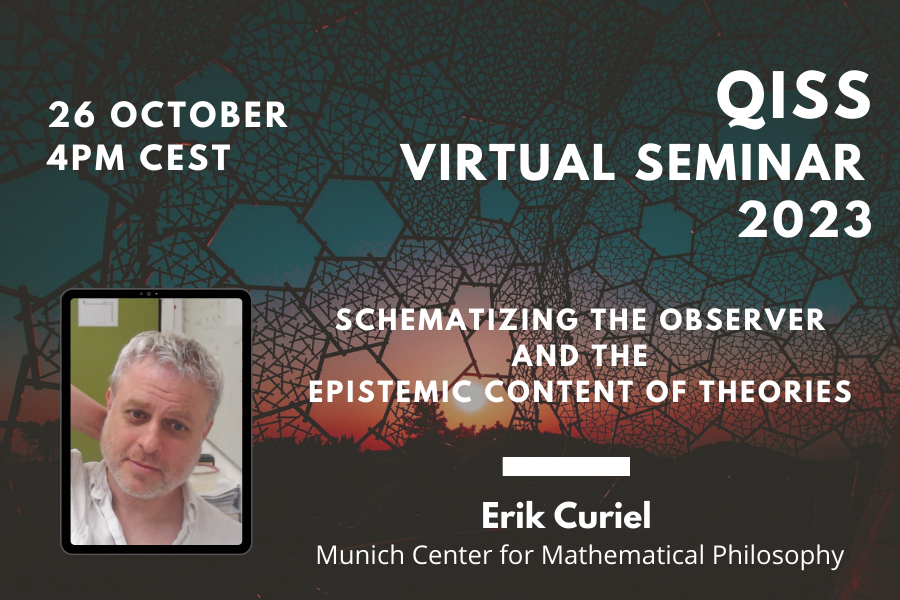Following some observations of Howard Stein, I argue that, contrary to contemporary standard philosophical views of physical theories, one cannot understand the structure and nature of our knowledge in physics without an analysis of the way that observers (and, more generally, measuring instruments and experimental arrangements) are modeled in theory. One upshot is that standard pictures of what a theory can be are grossly inadequate. In particular, standard formulations assume, with no argument ever given, that it is possible to make a clean separation between, on the one hand, one part of the scientific knowledge a physical theory embodies, viz., that encoded in the pure mathematical formalism and, on the other, the remainder of that knowledge. The remainder includes at a minimum what is encoded in the practice of modeling particular systems, of performing experiments, of bringing the results of theory and experiment into mutually fruitful contact—in sum, real application of the theory in actual scientific practice. This assumption comes out most clearly in the picture of semantics that naturally accompanies the standard view of theories: semantics is fixed by ontology’s shining City on the Hill, and all epistemology and methodology and other practical issues and considerations are segregated to the ghetto of the theory’s pragmatics.
We should not assume such a clean segregation is possible without an argument, and, indeed, I offer many arguments that such a segregation is not feasible. It follows that an adequate semantics for theories cannot be founded on ontology, but rather on epistemology and methodology. I develop and marshall my arguments based on an attempt at a fundamental reorentiation away from the standard view of a theory: I propose that it is more fruitful to conceive of a theory as an integral body of knowledge rather than as a formal system in conjunction with procedures for bringing the formalism into contact with empirical data or experience.
